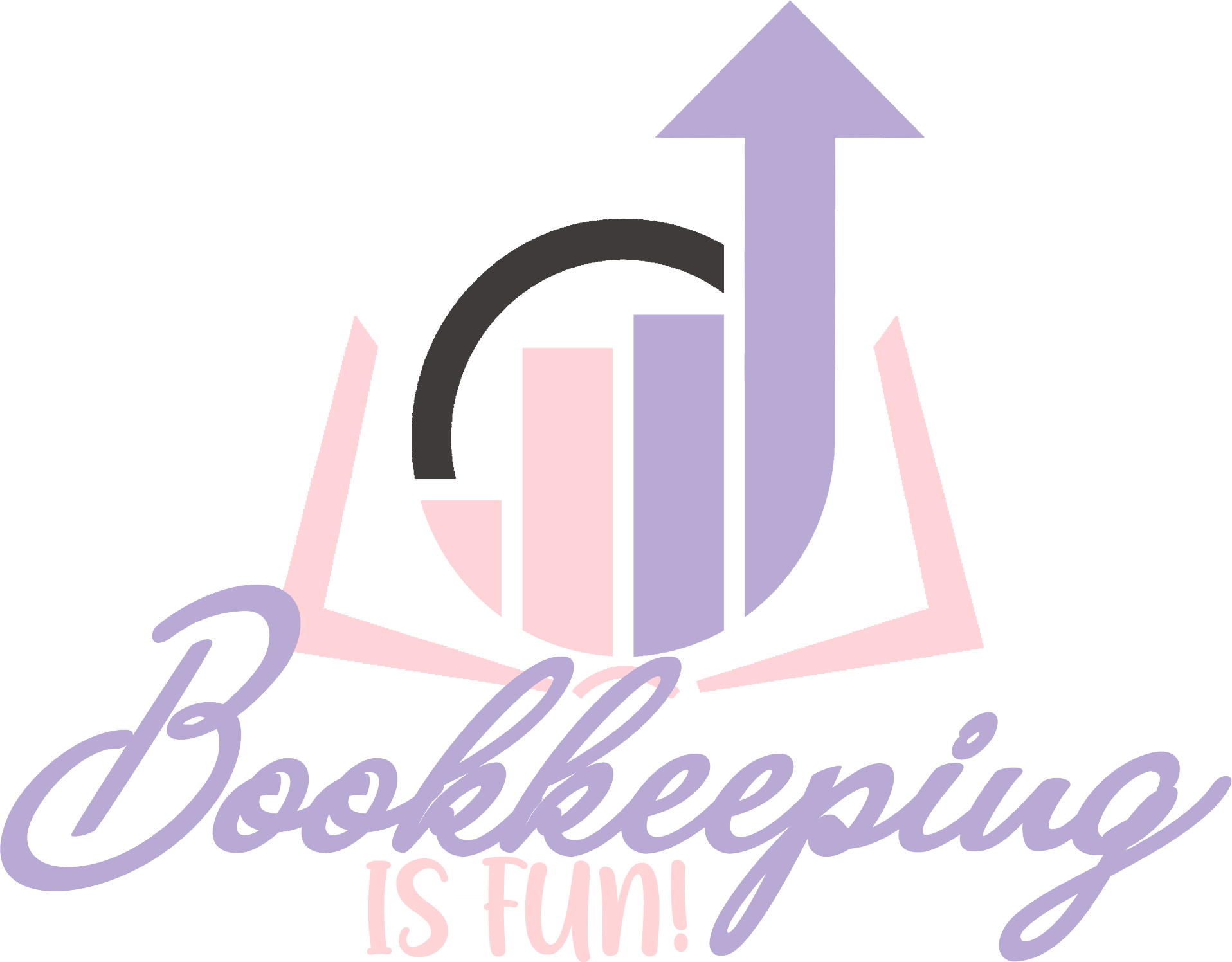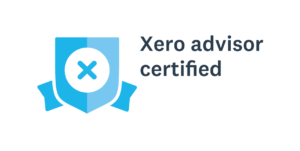As businesses grow and financial transactions become more complex, advanced bookkeeping methods are essential for accurately tracking expenses, analyzing profitability, and making strategic decisions. Established businesses often move beyond basic bookkeeping practices and adopt sophisticated methods such as activity-based costing, accrual accounting, and managerial accounting. Here, we’ll explore these advanced methods and how they can benefit growing enterprises.
1. Activity-Based Costing (ABC)
Activity-Based Costing (ABC) is a powerful approach that allocates overhead costs based on activities driving expenses rather than a generalized rate. By assigning costs to specific activities (e.g., product manufacturing, customer service, or shipping), businesses can gain deeper insights into where their resources are going.
Benefits of ABC:
- Accurate Product Costing: Allows precise tracking of costs per product or service, helping determine profitability.
- Better Decision-Making: By understanding the true cost of activities, managers can make data-driven decisions, such as whether to outsource or adjust production processes.
- Identifying Inefficiencies: ABC reveals costly activities and processes, helping businesses streamline operations and reduce unnecessary expenditures.
ABC is ideal for businesses with high overhead and multiple product lines, as it provides a clearer picture of where money is being spent.
2. Accrual Accounting
While small businesses often rely on cash-basis accounting, accrual accounting is generally more appropriate for established businesses. Accrual accounting records revenues and expenses when they’re earned or incurred, rather than when cash actually changes hands. This approach aligns revenue and expenses with the period they relate to, providing a more accurate snapshot of financial health.
Benefits of Accrual Accounting:
- Better Financial Planning: Accrual accounting provides a more accurate monthly and quarterly view of financial performance, essential for planning and forecasting.
- Aligns with GAAP: Accrual accounting is in line with Generally Accepted Accounting Principles (GAAP), which is essential for larger businesses or those considering expansion or investors.
- Accurate Performance Insights: Since accrual accounting reflects transactions when they occur, it gives a true picture of revenue trends, profitability, and overall business performance.
Accrual accounting requires a more detailed approach and the assistance of an experienced bookkeeper, especially to manage end-of-period adjustments.
3. Managerial Accounting
Managerial accounting goes beyond recording financial data by providing insights that help managers make strategic decisions. Unlike financial accounting, which is primarily concerned with historical data for external stakeholders, managerial accounting is focused on internal decision-making and often involves real-time data.
Benefits of Managerial Accounting:
- Budgeting and Forecasting: Managerial accounting enables businesses to create detailed budgets and forecasts, essential for growth.
- Cost Analysis: By analyzing fixed and variable costs, managerial accounting helps businesses optimize pricing strategies and understand profitability at different operational levels.
- Performance Evaluation: Helps assess performance by setting benchmarks and analyzing variances, so companies can adjust strategies for improvement.
Managerial accounting is a proactive approach that offers strategic insight, guiding business leaders to make informed, forward-thinking decisions.
Implementing Advanced Bookkeeping Techniques
Integrating these advanced methods requires time, effort, and often, the guidance of an experienced bookkeeper or financial professional. Bookkeepers and managers must collaborate to determine the best system that aligns with the business’s goals and operational structure.
Tips for Implementation:
- Invest in Technology: Software that supports advanced bookkeeping methods, such as QuickBooks for accrual accounting or SAP for ABC, can simplify the transition and make reporting easier.
- Regular Training: As your team adopts new methods, regular training ensures everyone understands and adheres to the new processes.
- Consult with Experts: Implementing these methods is complex, and working with an experienced coach or accountant can provide crucial support, especially in the initial stages.
Conclusion
Advanced bookkeeping methods like Activity-Based Costing, Accrual Accounting, and Managerial Accounting empower established businesses to gain a deeper understanding of their finances and make more strategic decisions. Implementing these methods can transform financial data into actionable insights, paving the way for long-term growth.
Ready to dive deeper into advanced bookkeeping? Join our Bookkeeping is Fun™ – Coaching Program and discover the joy of mastering your finances. Our program offers expert guidance, personalized support, and a community of like-minded entrepreneurs.
Visit our website – Bookkeeping is Fun™ to learn more and start your journey toward financial freedom. We serve Southwest Florida and businesses across the United States.





